Soulfly's Max Cavalera: my top 5 tips for guitarists
"Inspiration can come from anywhere; you just have to keep your ears and eyes open"
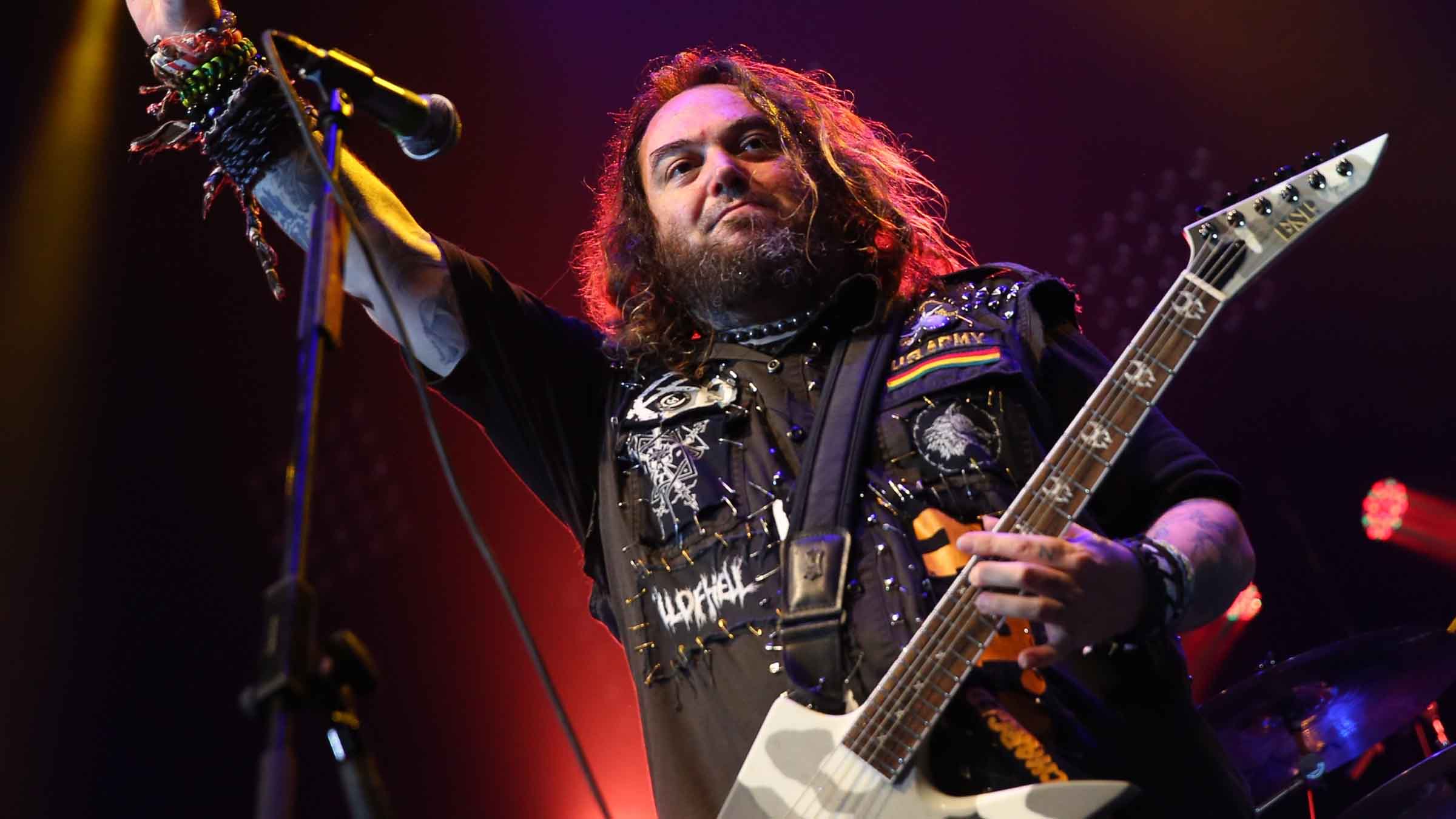
Introduction
“I don’t try to compete with the past. There’s no point doing that: those records were made in a different time.”
Soulfly singer/guitarist Max Cavalera has a point. The Brazilian-born musician was only 17 when his first band Sepultura recorded debut EP, Bestial Devastations, and took the stage at the inaugural Rock In Rio alongside metal heroes like Iron Maiden, Whitesnake and Ozzy Osbourne.
That was 30 years ago, and the albums that followed made him one of the biggest-selling Brazilian songwriters of all time. Now approaching 50, you could say Cavalera has grown something of a hard shell around the seminal records that defined him: he refuses to live in shadows or rest on past glories. To the point where, since quitting Sepultura to form Soulfly in 1996 as well as later projects Cavalera Conspiracy and Killer Be Killed, he’s rarely had a moment to look back.
This year’s 10th full-length from Soulfly, entitled Archangel, promises fans more stomping metal anthems from one of the genre’s elder statesmen.
“I just try to make the best record I can make, without any ego or comparisons at all. I never sit there and tell myself it’s going to be a masterpiece or anything! I just want to make an exciting record that people like. Music is never-ending, that’s what I love about it. Even after we’re dead, this music will still exist… that’s the best bit. That’s metal. Life goes on, and we have to keep coming up with fresh ideas.”
He’s certainly a man of his word. It was Cavalera’s insatiable appetite for new heavy sounds that led to his discovery of Californian crustcore protagonists Nails and Aussie grind mob King Parrot, extending an invitation for their singers to join him as guests on two of the tracks that make up Archangel.
“It all comes from my passion for metal. I love the fact that Soulfly has evolved with the new generation – Nails and King Parrot are both killer bands. There’s a lot of modern stuff I really dig, like Melechesh or Italian death metal like Hour Of Penance and Bloodtruth. I guess you could say I listen to a lot of metal, ha ha!”
We figured he’s learned a thing or two over the years, so we got the Soulfly legend to give us his top 5 tips for guitarists…
Archangel is released on 14 August via Nuclear Blast.
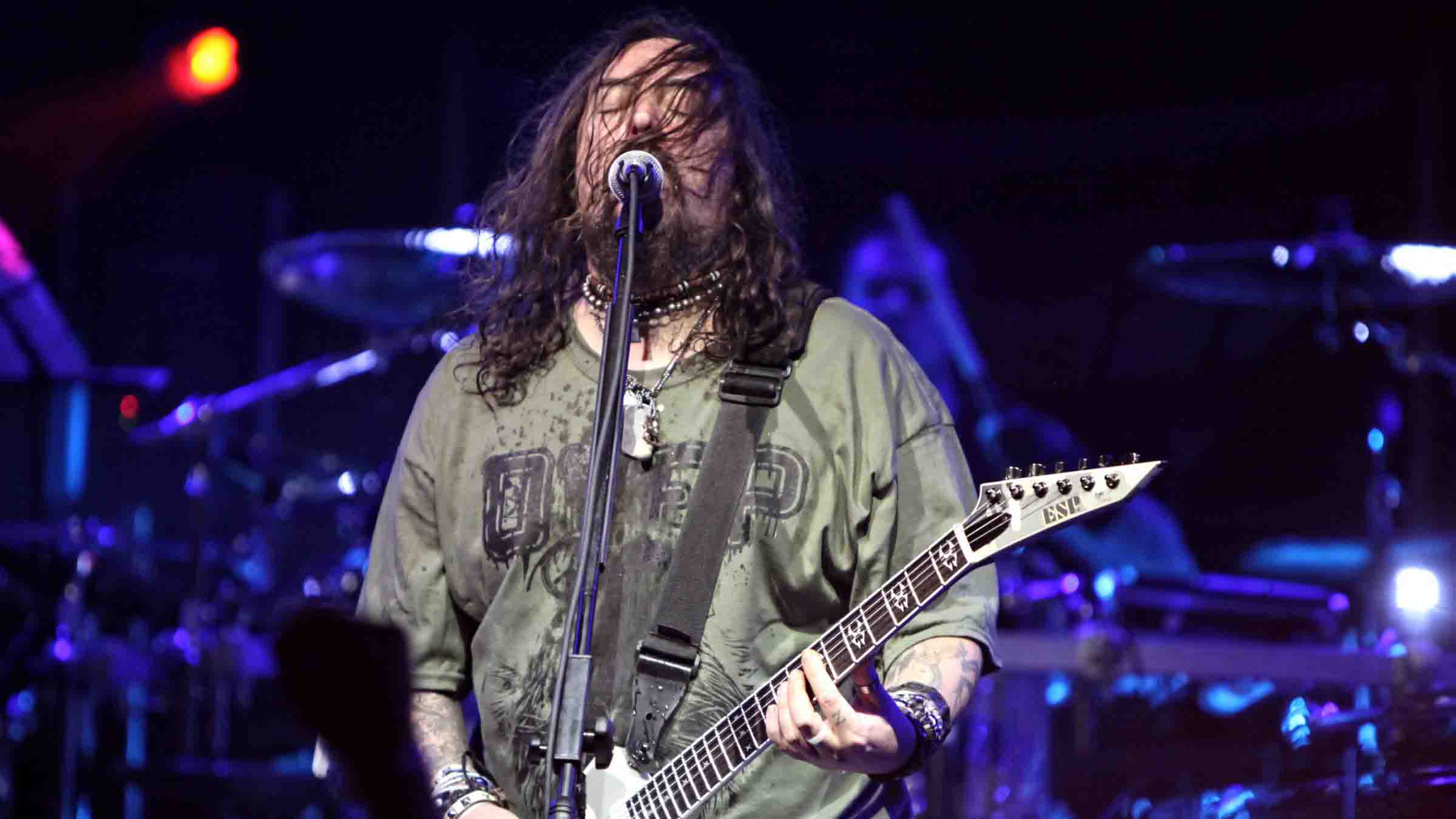
Inspiration is everywhere
“We can all travel around, see the world and find inspiration. One of Sepultura’s biggest songs, Refuse/Resist, came from a Black Panther guy I saw on the Subway in New York. He was wearing a leather jacket that had a bunch of words written on the back, and the last ones at the bottom were Refuse/Resist. So I took that right from him and turned it into a protest song! Inspiration can come from anywhere; you just have to keep your ears and eyes open.
“Try to listen to more than one genre. Okay, about 90 per cent of the music I listen to is metal, but I find it is very important to listen to things outside of metal. I enjoy a lot of Middle Eastern, Indian, Aboriginal music… there’s so much cool indigenous music out there from all the different countries in the world that you can learn from.”
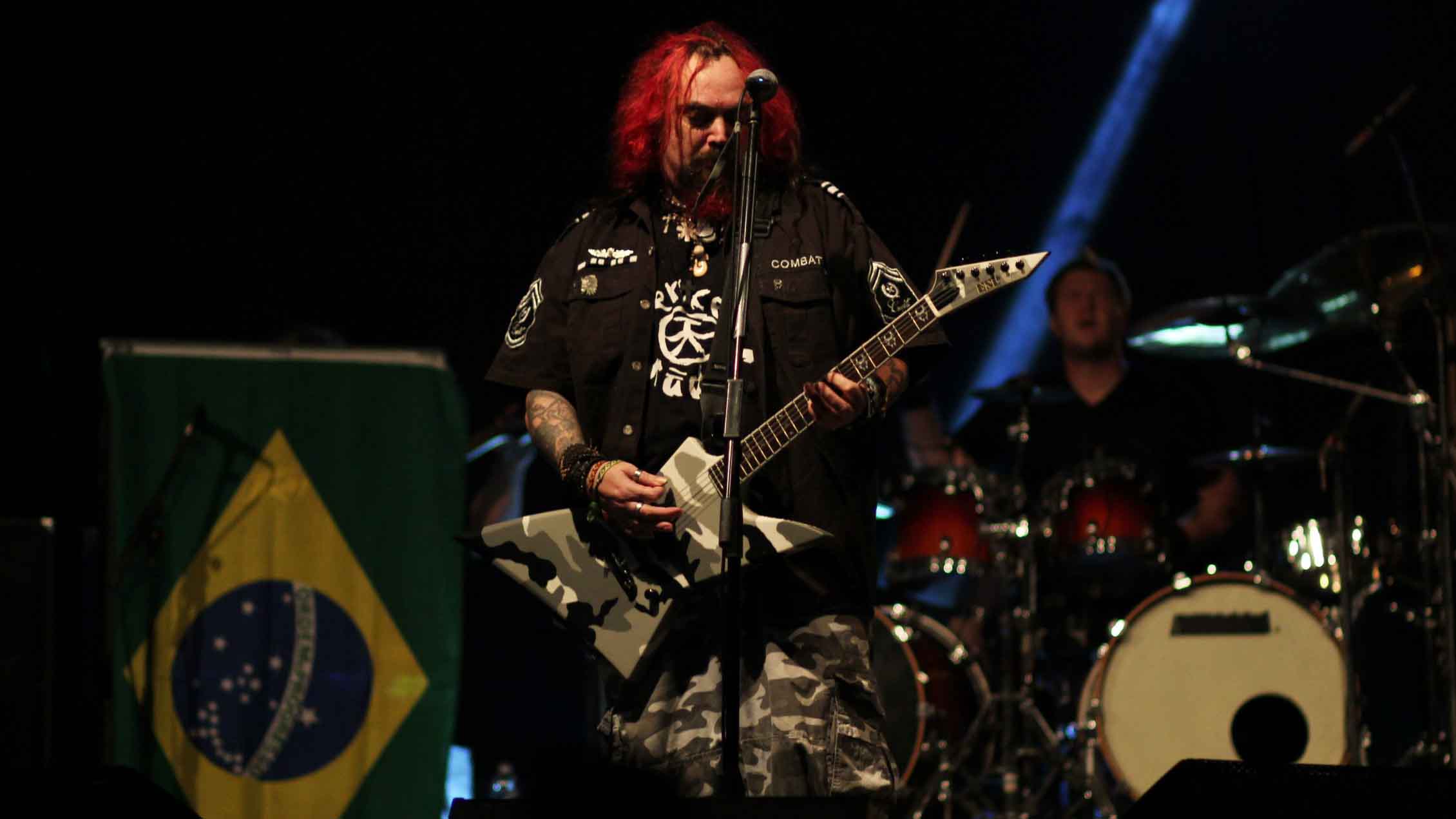
Use alternate tunings
“I find it’s very important to experiment with different tunings. In all the bands I’ve been in, I must have tried about six or seven tunings, from E standard all the way down to low A. It’s just a case of experimenting and finding out what works for the moment. I love doing that: record a riff in different tunings, and see which suits the music better.
“The first track on our new album, We Sold Our Souls For Metal, is in E standard, which is the old Slayer tuning from the early days. It felt more powerful to do the song in that tuning, but for the next song on the album, the title track, we chose low A… So the two opening tracks sit in opposite ends of the spectrum!
“I like to mess around with things… back in the early Sepultura days, I decided to take off the strings I didn’t use. It just felt like the punk-rock thing to do! I saw a picture of Sid Vicious playing a two-string bass and thought he looked cool, so the four-string guitar kinda became my trademark.”
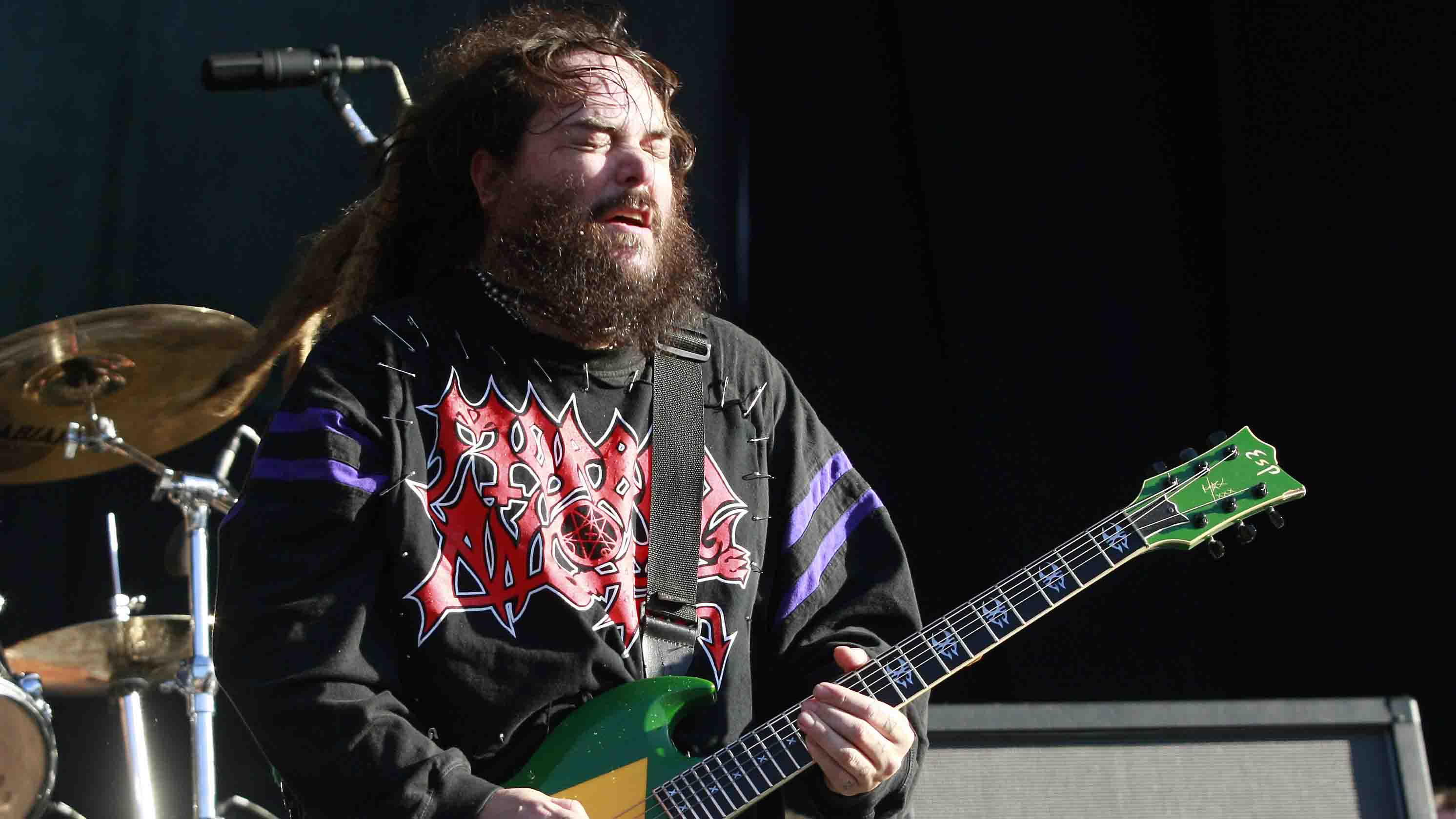
Play covers
“I think cover songs are essential. We still do them today! You can learn a lot from figuring out how other people play their riffs: even if you don’t get it totally right but close enough, that’s still cool. It still counts because it’s the trying part that matters.
“After that, you should try to create your own riffs based on that influence. Don’t rip things off, but take direction from the riffs that inspire you and come up with your own ones.”

Use more effects
“You can never have enough pedals. I’ve done a lot of experimenting over the years - I love the sound of flangers, phasers and delays… The more effects you can put in your song, the better the song is going to be. Seriously!
“And nowadays, there are so many affordable options out there that capture the sounds you get from the expensive stuff. We even used a modeller on the new album - I forget the name of it - but it belonged to [producer] Matt Hyde, and he’d stored all the Deftones guitar sounds inside it… so we borrowed a couple of their tones!”
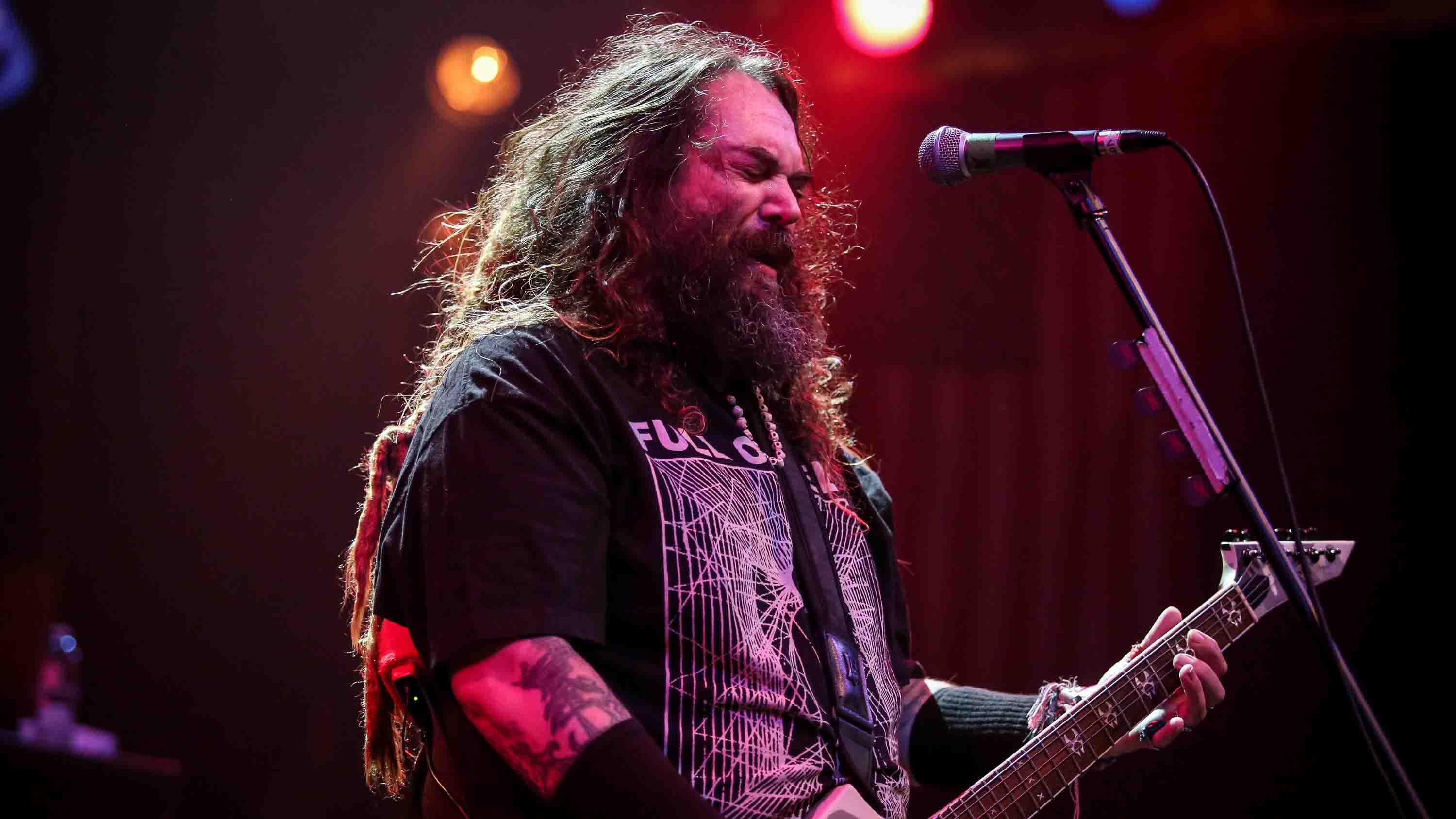
Write on acoustic
“Try writing electric songs on an acoustic. A lot of Sepultura’s classic riffs came from one single acoustic guitar. It’s amazing to think heavy songs like Territory were born like that. And I usually find that if it sounds good on acoustic, then it’ll be killer on electric.
“They are a great writing tool, because the instrument forces you to think differently and, more times than not, quite simply. Some of my best riffs are just a single chord on a string… that’s the beauty of it.”

Amit has been writing for titles like Total Guitar, MusicRadar and Guitar World for over a decade and counts Richie Kotzen, Guthrie Govan and Jeff Beck among his primary influences. He's interviewed everyone from Ozzy Osbourne and Lemmy to Slash and Jimmy Page, and once even traded solos with a member of Slayer on a track released internationally. As a session guitarist, he's played alongside members of Judas Priest and Uriah Heep in London ensemble Metalworks, as well as handling lead guitars for legends like Glen Matlock (Sex Pistols, The Faces) and Stu Hamm (Steve Vai, Joe Satriani, G3).









